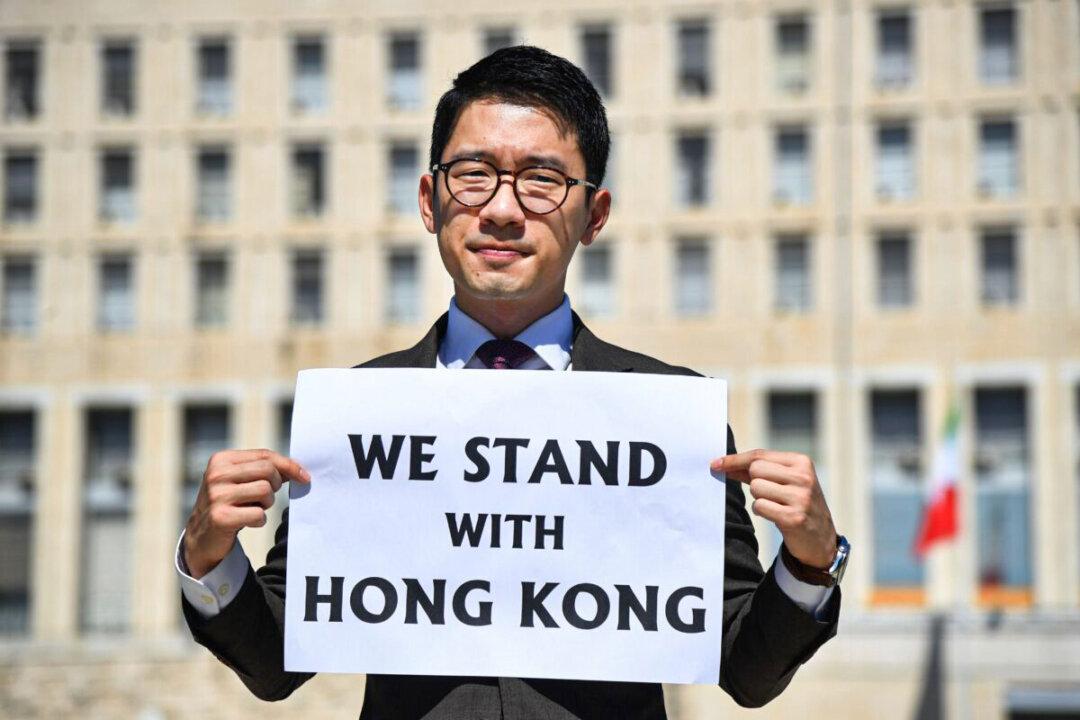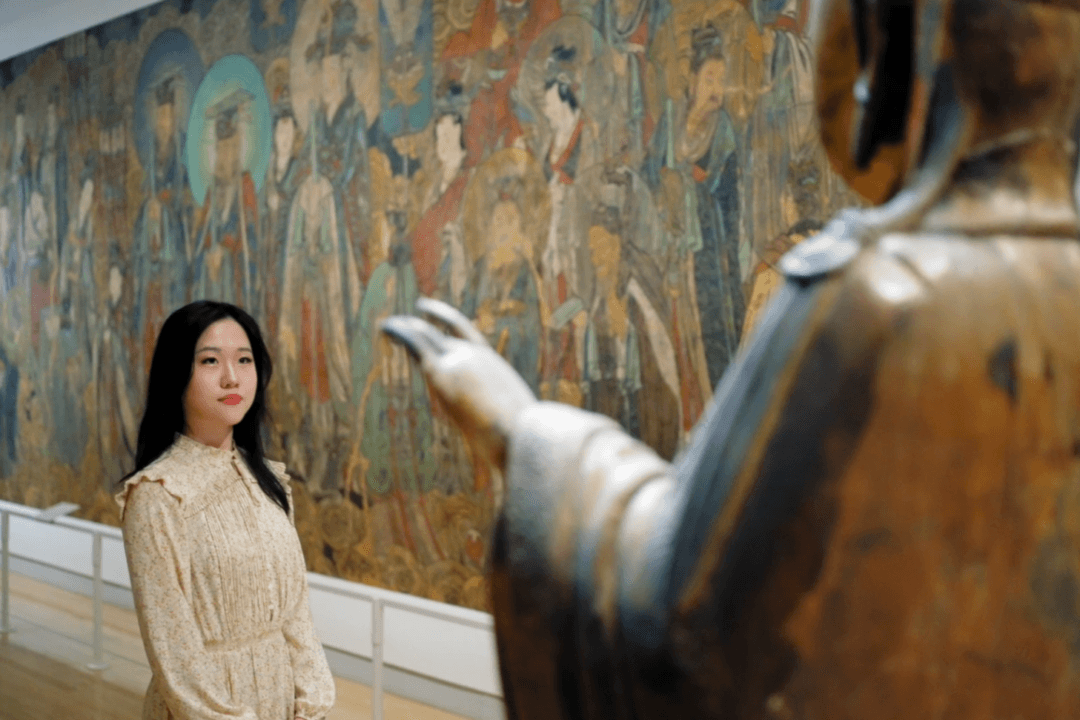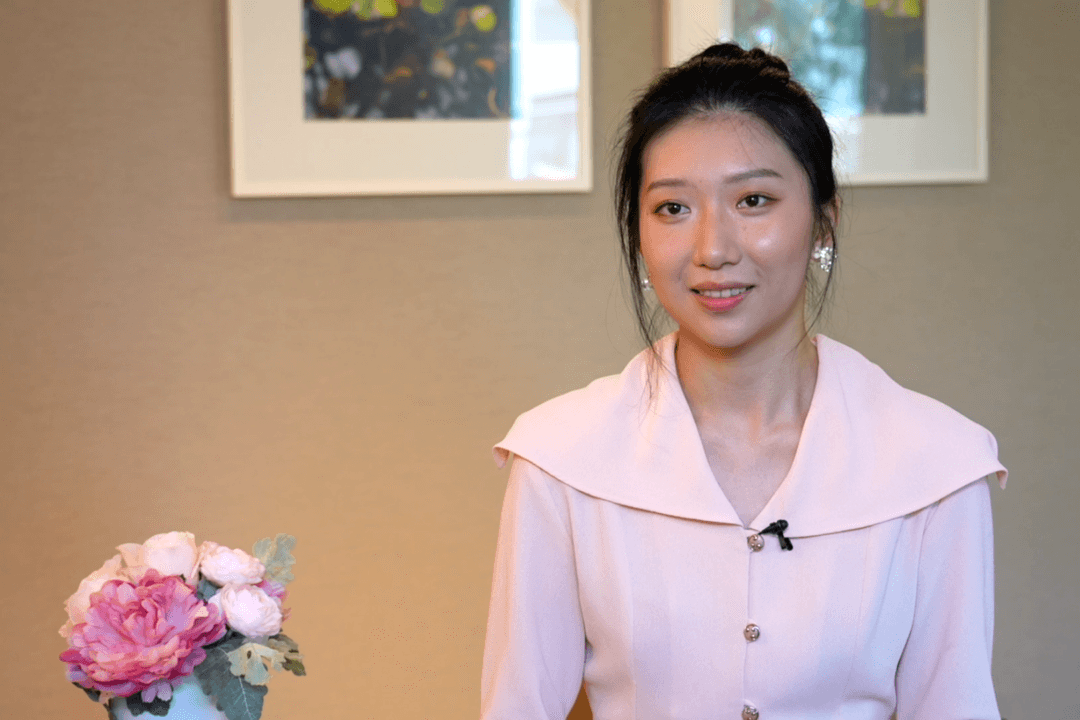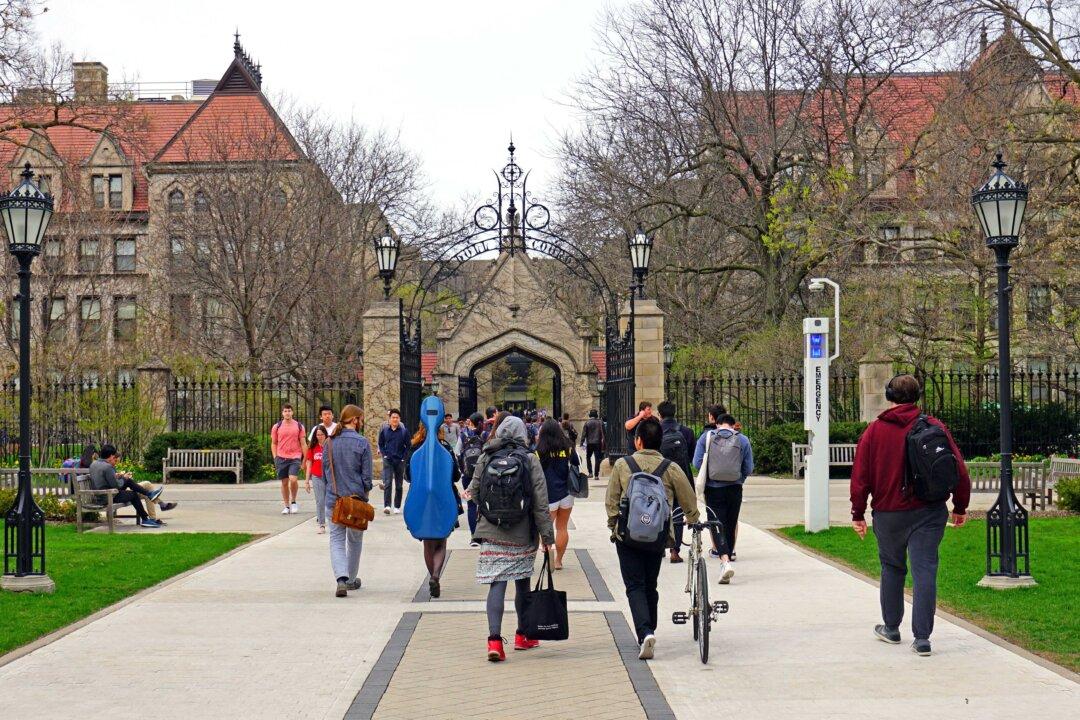The rise of communist China is an “existential crisis” for liberal democracies around the world, according to Hong Kong democracy activist Nathan Law.
“What’s happening in Hong Kong, what’s happening in Xinjiang, as the rest of China, is a wake-up call to the world. It is not just about ... helping people in Hong Kong or helping people in Xinjiang, it’s about how we can defend democracy.”
Law, who rose to prominence as an activist during the city’s pro-democracy Umbrella Movement in 2014 and is now self-exiled in London, has experienced the Chinese Communist Party’s (CCP) suppression firsthand.
“For me ... the decline of democracy and the rise of authoritarianism is not an abstract theory, it is a painful and personal story,” he said.
In the past seven years, “[I went] from a student protest leader to the youngest elected legislator in Hong Kong. [Then] I was disqualified, became an inmate and ... [now I’m an] exiled activist,” Law said.
Law said Hong Kong’s freedom had been deteriorating for years, but it “fell off the cliff” in June 2020, when the regime in Beijing imposed the national security law.
Hong Kong, a former British colony, has experienced waves of citywide protests since the region was handed over to the Chinese regime in 1997, as the CCP has incrementally rolled back the city’s freedoms and autonomy—something it had guaranteed would remain in place for 50 years after the handover.
‘Democratic Recession’
Law said that allowing the Chinese regime into international organizations, such as the World Trade Organization, was like inviting a “wolf into the house,” since the free world hasn’t developed proper mechanisms to control its behavior.The world engaged with China politically and economically, expecting the communist country to become more liberal, Law said. Instead, China moved in the exact opposite direction.
Such inclusion in the international community brought China wealth and technology that aided the Chinese communist regime to become more powerful and authoritarian, and even totalitarian, according to Law.
“The Chinese Communist Party today is literally more technologically sophisticated than the one in ‘1984,’ the Orwellian state, and the world has not developed anything to hold them accountable,” he said.
As a result, we are experiencing a “democratic recession”, and must counter the rise of authoritarianism, he said. “We should definitely be united to push back on the authoritarian expansion from the Chinese Communist Party.”
Those defending democracy must “be like water,” Law said, echoing a remark by Hong Kong martial arts legend Bruce Lee that was adopted by Hong Kong activists. That’s because they must adapt to counter threats and obstacles when confronted with the world’s most repressive authoritarian power.
“Truth” is the CCP’s weakness, he said. “They censor every possible gateway of delivering truth in mainland China and it’s probably coming to Hong Kong.”
When asked about what people in mainland China could do to resist the CCP, Law advised them not to be “swallowed by the world of China’s propaganda.”
“If you want to know more, and you want to keep safe, make sure that you have the readiness to live a double life. You have one phone with WeChat, one phone with Twitter; you have one phone with Baidu, one phone with Google. Protect yourself and grow yourself. Get a better understanding about the world and what we are fighting for,” he said.






